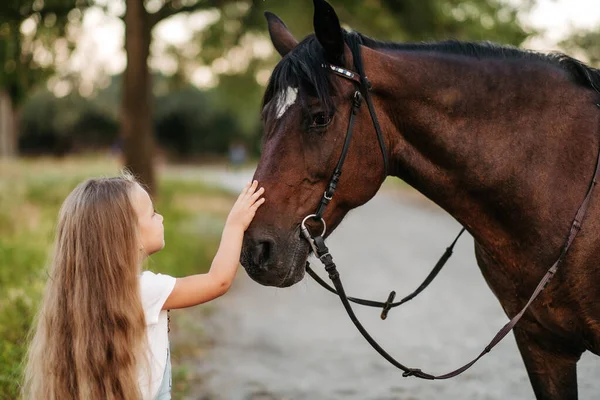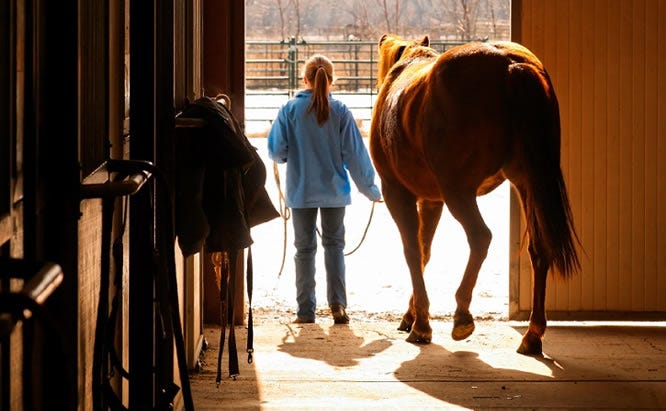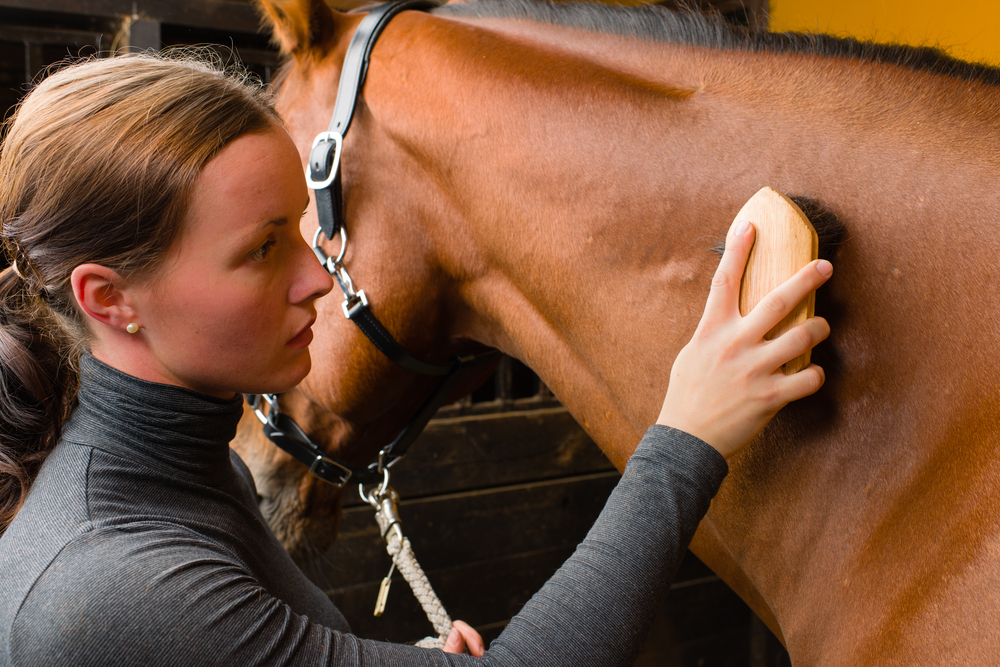Caring for our equine companions is a lifelong commitment, and as horses age, their needs change. Pasture management for old horses becomes increasingly important to ensure their comfort and health. Aging horses may face challenges such as reduced mobility, dental issues, and changes in dietary requirements. By implementing effective pasture management strategies, we can help our senior horses enjoy their golden years with vitality.

Understanding the Needs of Senior Horses
The first step in pasture management for old horses is understanding their unique needs. Older horses may have dental problems that make chewing difficult, leading to weight loss or nutritional deficiencies. Additionally, their digestive systems may not be as efficient as they once were, necessitating adjustments in their diet and pasture availability.
Choosing the Right Pasture
When selecting a pasture for senior horses, it’s crucial to consider the terrain. Uneven or rocky ground can pose a risk to horses with arthritis or other joint issues. A flat, smooth pasture is ideal, allowing for easy movement and grazing. Additionally, the pasture should be free from toxic plants and overgrown areas that could hide hazards.
Evaluating Pasture Size and Stocking Density
The size of the pasture and the number of horses it supports play a significant role in pasture management. Overcrowding can lead to overgrazing, which depletes the forage available and increases the risk of injury due to competition for space. Ensure that the pasture is large enough to accommodate your senior horses comfortably.
Ensuring Proper Nutrition
Older horses often require a diet that is higher in fiber and lower in non-structural carbohydrates. Pasture grasses should be selected based on their nutritional content and digestibility. Consider supplementing with hay or specialized senior horse feeds to meet their dietary needs.
Monitoring Body Condition Score
Regular assessment of your horse’s body condition score (BCS) is vital. Senior horses can lose weight quickly, so maintaining an optimal BCS is essential for their health. Adjust their diet and pasture time accordingly to prevent weight loss or gain.
Regular Health Checks
Frequent veterinary check-ups are crucial for monitoring the health of senior horses. Regular dental examinations can identify issues that may affect their ability to graze effectively. Additionally, ensuring that vaccinations and deworming schedules are up-to-date will help prevent illness.
Foot Care and Hoof Maintenance
Proper hoof care is essential for maintaining mobility in older horses. Regular trimming and inspection can prevent lameness and discomfort. Consult with a farrier experienced in senior horse care to develop an appropriate hoof care routine.
Creating a Safe Environment
Safety should be a top priority in pasture management. Fencing should be secure and free of sharp edges or protrusions that could cause injury. Gates should be easy to open and close, minimizing stress for both horse and handler.
Providing Shelter
Access to shelter is vital for protecting older horses from harsh weather conditions. A well-constructed run-in shed or stable can offer refuge from rain, wind, and extreme temperatures, contributing to their overall wellbeing.
Socialization and Companionship
Horses are social animals, and companionship can greatly enhance their quality of life. Ensure that your senior horses have a compatible buddy or group to interact with. Monitor interactions to prevent bullying or aggressive behavior.
Enrichment and Mental Stimulation
Providing enrichment activities can help keep older horses mentally stimulated and engaged. Consider incorporating toys or obstacles into their pasture to encourage exploration and play.
Managing Exercise and Mobility
Exercise is important for maintaining muscle tone and joint flexibility in senior horses. However, it’s essential to tailor exercise routines to their individual capabilities. Light, regular exercise can help prevent stiffness and promote overall health.
Adapting to Seasonal Changes
Seasonal changes can impact pasture management. During winter, supplemental feeding may be necessary when grass growth slows. In the summer, ensure that horses have access to shade and ample water to prevent heat stress.
Monitoring and Adjusting Management Practices
Effective pasture management for old horses requires ongoing monitoring and adjustments. Regularly assess the condition of the pasture and the health of your horses. Be prepared to make changes to grazing schedules, diet, or pasture layout as needed.
Conclusion
By prioritizing pasture management for old horses, we can ensure that our senior equine companions enjoy a comfortable and healthy life. Understanding their unique needs, providing proper nutrition, and creating a safe and engaging environment are key components of successful management. As caregivers, our goal is to provide the best possible quality of life for these cherished animals.

Frequently Asked Questions
How often should I check on my senior horse’s health?
It’s recommended to have a veterinary check-up at least twice a year, with more frequent visits if any health concerns arise.
What type of pasture grass is best for older horses?
High-fiber, easily digestible grasses such as timothy or orchard grass are ideal for senior horses.
Can older horses live comfortably outdoors year-round?
Yes, with proper shelter, nutrition, and care, senior horses can thrive outdoors throughout the year.
For more information on caring for older horses, visit the Blue Cross and University of Minnesota Extension.
Explore additional resources such as bedding for senior horses, exercise guidance, and stretching routines for additional insights.
This article contains affiliate links. We may earn a commission at no extra cost to you.
